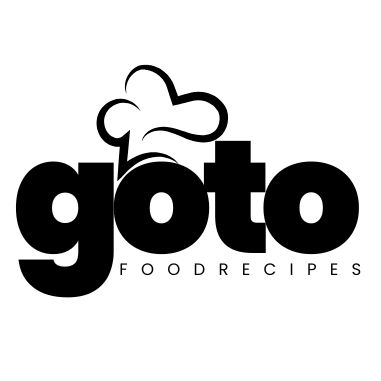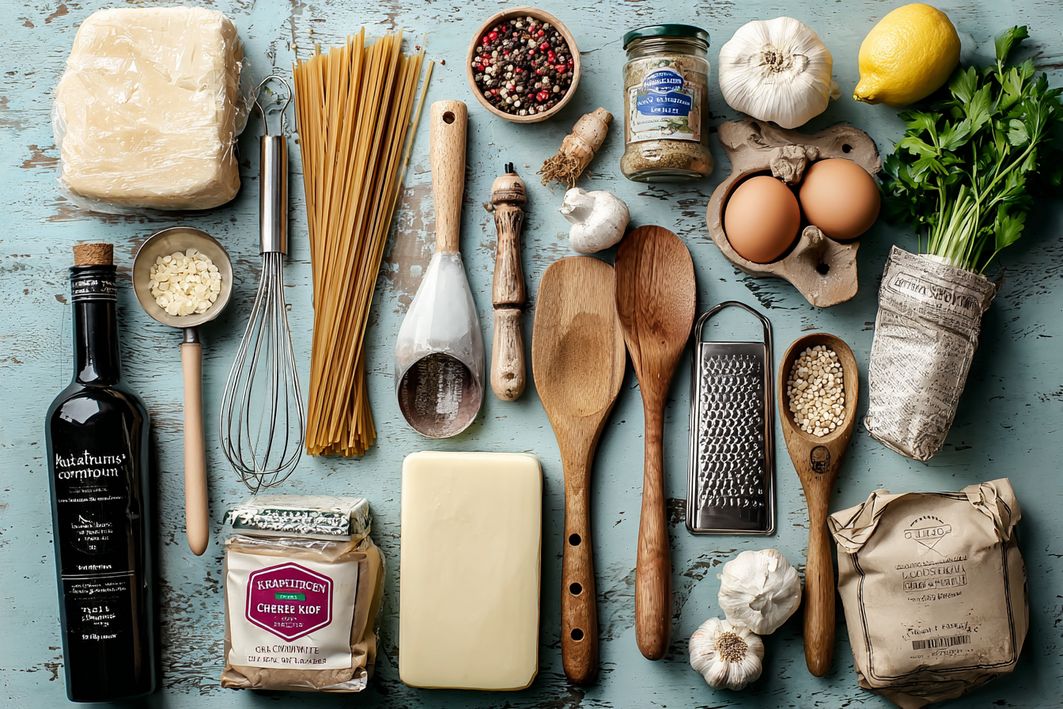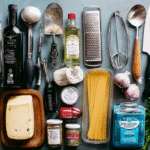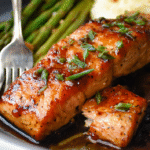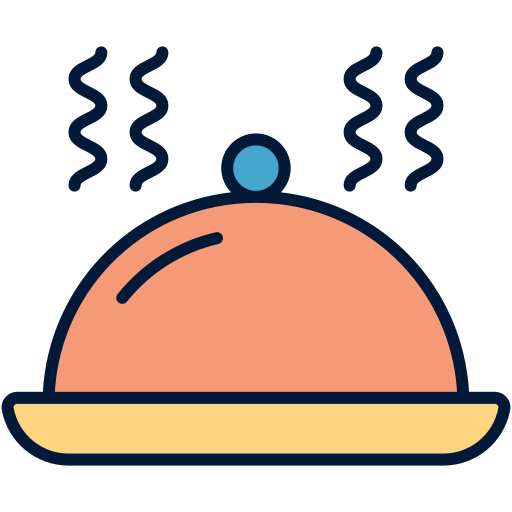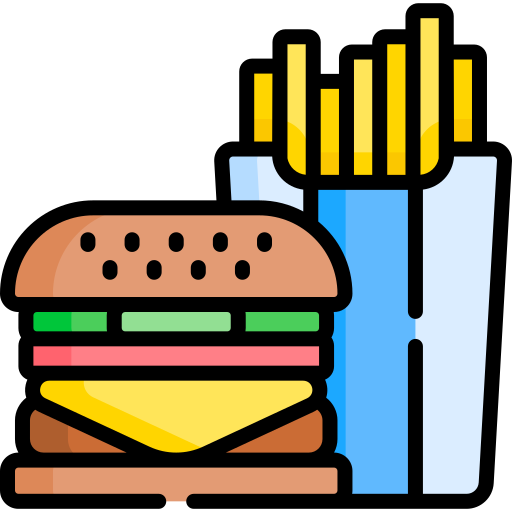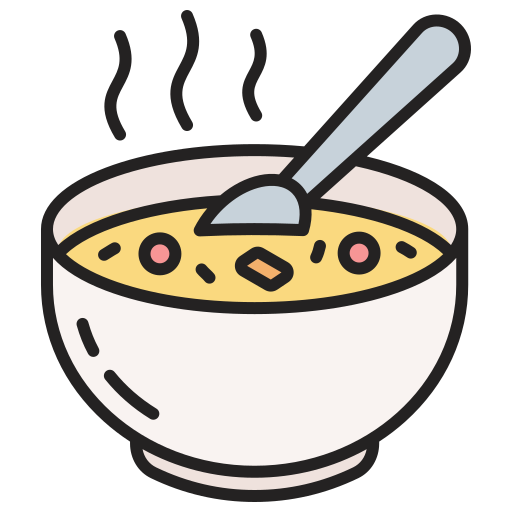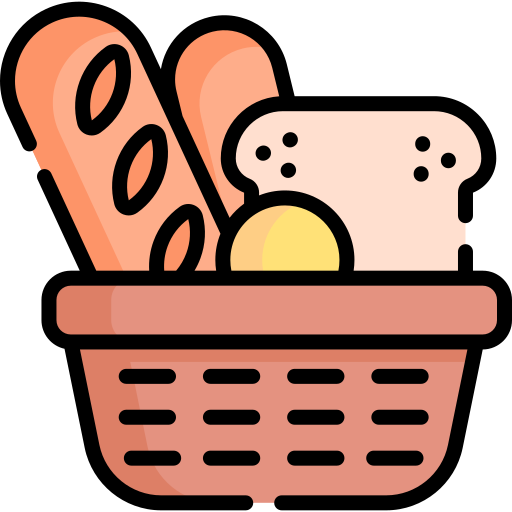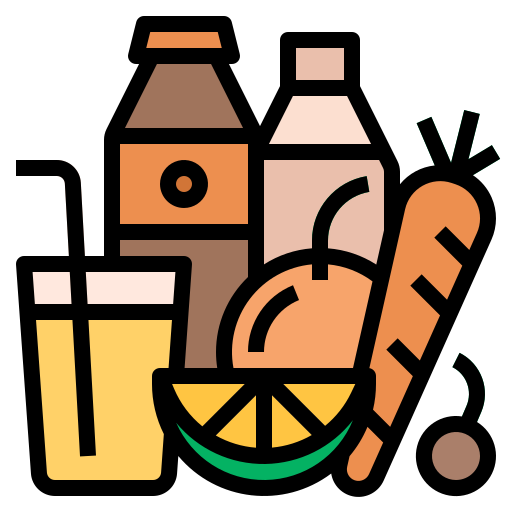Discover the ultimate Kitchen Essentials Guide to stock your kitchen efficiently. Learn must-have tools, tips, and how to create a well-equipped cooking space.
Why You’ll Love It
Having a well-stocked kitchen can transform your cooking experience. This Kitchen Essentials Guide highlights the must-have tools and supplies that make meal prep easier, faster, and more enjoyable. Whether you’re a beginner or an experienced cook, having these basics will set you up for success in any recipe.
From high-quality knives to versatile pans, this guide helps you prioritize the best kitchen gear without clutter. Investing in the right equipment saves time and frustration, letting you focus on the joy of cooking.
Ingredients
- Chef’s knife – sharp and comfortable for all cutting tasks (substitute: Santoku knife)
- Cutting board – sturdy and easy to clean (substitute: bamboo or plastic)
- Measuring cups and spoons – accurate for baking and cooking
- Mixing bowls – various sizes for prep and mixing (substitute: glass or stainless steel)
- Non-stick skillet – ideal for sautéing and frying
- Saucepan – perfect for boiling and simmering
- Baking sheet – used for roasting and baking
- Colander – for draining pasta and washing produce
- Wooden spoon – gentle on cookware, great for stirring
- Spatula – flexible for flipping and scraping
- Can opener – efficient and ergonomic
- Food storage containers – keep leftovers fresh and organized
Step-by-Step Instructions
- Start with a sharp, quality chef’s knife and cutting board to prep ingredients safely and efficiently.
- Use measuring cups and spoons for precise ingredient quantities, especially in baking.
- Mixing bowls in different sizes allow you to prepare multiple components at once without cross-contamination.
- Your non-stick skillet and saucepan are your daily workhorses, perfect for a wide range of dishes.
- The baking sheet doubles as a roasting and baking platform; line with parchment for easy cleanup.
- The colander is essential for draining pasta, washing vegetables, or rinsing canned goods.
- Wooden spoons and spatulas work gently on cookware, preventing scratches and offering control during cooking.
- Keep a reliable can opener handy for pantry staples and stock your fridge with quality storage containers to maintain freshness.
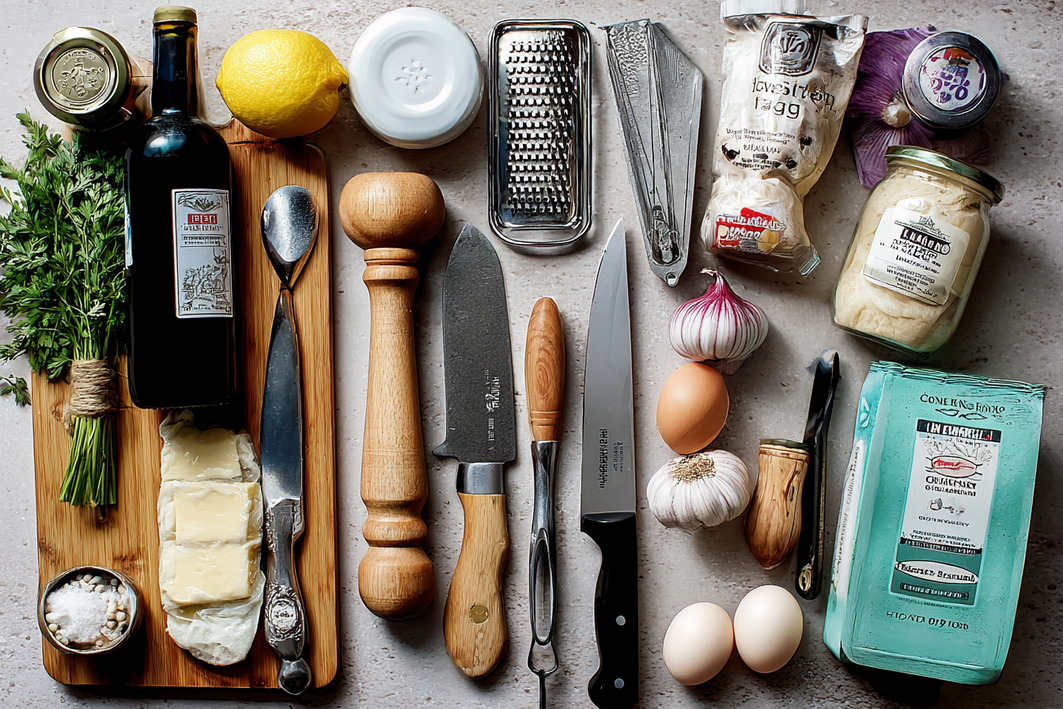
Expert Tips
Invest in a quality chef’s knife and keep it sharp. A dull knife is more dangerous and makes prep harder. Consider ergonomic handles for comfort during extended cooking sessions. When choosing pans, opt for those that distribute heat evenly to avoid hotspots.
Use nesting bowls and stackable containers to save kitchen space. Label your storage containers to avoid confusion. Replace sponges and cleaning cloths regularly to maintain hygiene.
Storage
Store knives in a wooden block or magnetic strip to protect their edges and keep your workspace safe. Keep mixing bowls nested to save cabinet space. Baking sheets and pans stack well vertically. Use airtight containers for leftover ingredients and meals, storing them in the fridge for up to 5 days or the freezer for 3 months.
Variations
For vegan cooking, consider adding high-quality blenders or food processors. Gluten-free cooks might want a dedicated cutting board to avoid cross-contamination. Those avoiding dairy can add non-dairy milk frothers or specialized utensils. For refined sugar-free lifestyles, invest in a good mortar and pestle to grind natural sweeteners.
FAQ
- What are the essential items in a Kitchen Essentials Guide?
- The essentials include a sharp chef’s knife, cutting board, measuring tools, mixing bowls, quality pans, and food storage containers to cover most cooking needs.
- How many kitchen tools do I really need?
- Start small with multipurpose items like a chef’s knife and a saucepan. You can add more specialized tools as your cooking style evolves.
- Can I substitute tools listed in the Kitchen Essentials Guide?
- Yes, many kitchen essentials have good substitutes. For instance, a Santoku knife can replace a chef’s knife, or stainless steel mixing bowls can replace glass ones.
- How do I maintain my kitchen essentials?
- Regular cleaning, proper storage, and sharpening of knives are key. Avoid soaking wooden utensils and use gentle dish detergents.
- Why is this Kitchen Essentials Guide important?
- This guide helps you focus on purchasing items that enhance your cooking efficiency, reducing clutter and saving money in the long run.
Call to Action
Did this Kitchen Essentials Guide help you organize or upgrade your kitchen? Share your favorite tools or tips in the comments below. Don’t forget to save this guide for easy reference and share it with friends who love cooking. Happy cooking!
Explore more Easy Weeknight Dinners or get inspired by Food Network for recipe ideas using your new kitchen essentials.


